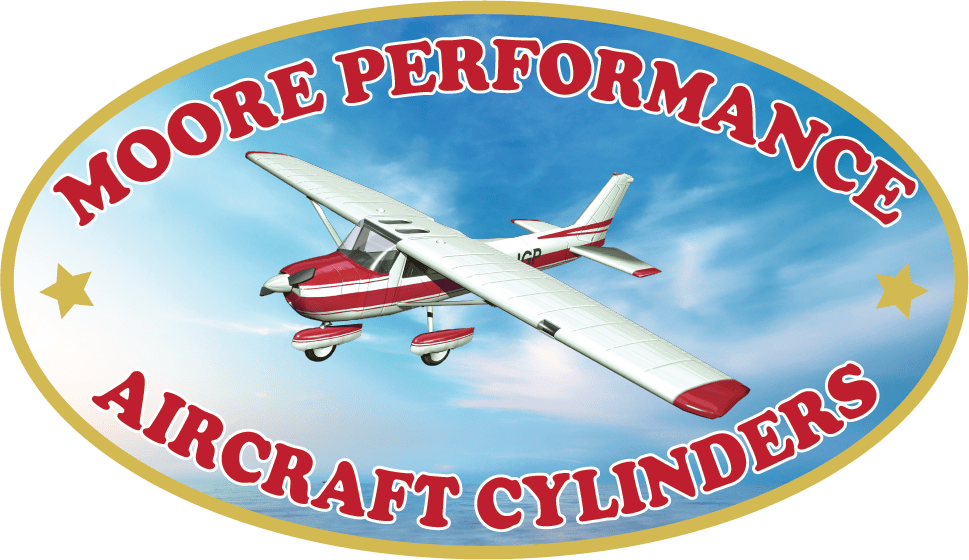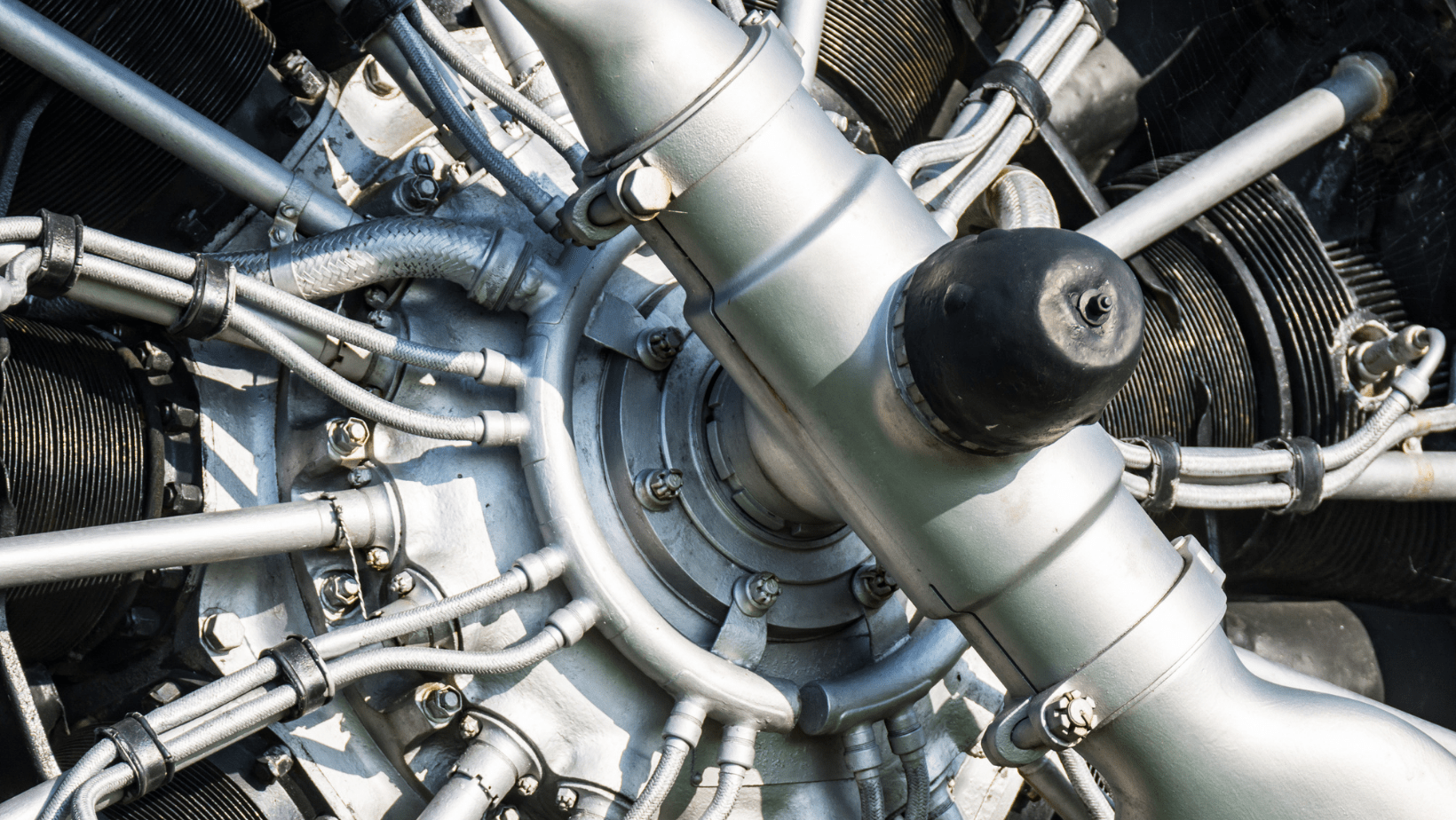How do you know when it is best to overhaul or replace your aircraft cylinders? If you are currently analyzing the decision-making process for repair or replacement of your aircraft cylinders, the following information may be helpful…
Could replacing all your aircraft cylinders at once when you discover a cylinder-related problem solve your issue? Of course! Is it prudent? It may be. Is it necessary? Not necessarily. Although there is a school of thought that adheres to the “just buy new” mantra, there are still times when overhauling jugs makes better sense. Some engines should be routinely topped and their aircraft owners would be wise to plan ahead and budget for it; but simply replacing cylinders that are in good working order because they might fail can be a costly and unnecessary undertaking.
If you have one or two soft cylinders and you are thinking that it just stands to reason the other cylinders will fail soon as well, that isn’t necessarily the case. For instance, let’s say you have plenty of hours left on your engine and you have lost compression due to one faulty cylinder. A complete top overhaul could very well be overkill when repairing or replacing the one cylinder in question is a perfectly adequate and economically favorable solution.
There are, in fact, certain instances when aircraft owners can be too proactive. Selective repair or replacement of a problematic cylinder could quite possibly be the right decision when an airplane shows no signs of corrosion and its remaining cylinders exhibit strong compression and clean bores. Monitoring the remaining cylinders while initiating this type of tactic can buy time for aircraft owners who prefer to wait until a total topping is completely necessary.
Indicators That an Aircraft Cylinder Repair Is Needed
So, what are some signs that you are in need of aircraft cylinder repair? There are the more evident indicators of aircraft cylinder trouble, such as a cylinder crack resulting in oil seepage. Subtler signs that your aircraft cylinder is in need of an overhaul can be ascertained through testing by an experienced aircraft overhaul mechanic.
For example, if your aircraft oil, which can be an exceptional indicator of engine issues, darkens soon after an oil change, this could indicate piston problems. More specifically, it could mean that you have worn or broken piston rings and blow-through which may result in fouled plugs and excessive crankcase pressure.
Or, if your oil smells different, that could point to a blow-by issue. A trained mechanic can also help you determine the actual extent of your blow-by issue. Additionally, an oil analysis can help more accurately dissect the situation by providing a breakdown of the quantity of each material present within an oil sample, uncovering any abnormalities and pinpointing where they are occurring.
Poor seals can also cause problems. When the aircraft engine is not running, a poor seal between the rings and cylinder may allow oil to seep into the spark plugs, filling them with oil and leading to fouled plugs.
And as you are most likely aware, your compression is another item you need to stay on top of. Much like relying on your sense of smell to uncover a blow-by issue, you can sometimes rely on your hearing or feeling to diagnose compression problems. If your aircraft cylinder is failing to maintain pressure, you may be able to determine where the air is escaping simply by listening or feeling for that unwelcome air flow.
What Should an Aircraft Cylinder Overhaul Include
A reputable shop worth its salt and specializing in aircraft cylinder overhauls will provide you with a very appealing option; and a decent cylinder overhaul provided by a shop you trust will breakdown cylinders for cleaning and inspection for corrosion, cracks and other damage. This not only includes the cylinder itself, but the valve seats and plug bosses. A quality overhaul includes the replacement of valves, valve seats, guides, bushings, pistons, rings and, of course, the condition of the cylinder head is assessed and addressed as well.
Many cylinders may actually be overhauled more than once and all metal parts experience fatigue and subsequent wear, especially within the harsh environment of an airplane engine. So, if you are in the very capable hands of an experienced and reputable airplane cylinder mechanic, it all comes down to whether or not you have to repair or replace one or multiple cylinders and the cost of your options.
Moore Performance Products – A Trusted Specialist in Aircraft Cylinders
One of the most important things you can do when weighing the pros and cons of airplane cylinder repair vs. replacement is to be sure to work with a trusted, qualified airplane cylinder mechanic – such as the professionals at Moore Performance Products – who can lend a keen professional eye to the matter, helping you determine the best as well as the most cost-effective option for your particular situation.
Moore Performance Products, which specializes in aircraft cylinder overhauls and repairs and provides a variety of overhaul services nationwide and overseas for the aircraft and aerospace industries, has been serving the aviation industry for more than 30 years. A Federal Aviation Administration (FAA)-certified repair station and FAA-certified in welding, Moore Performance Products has also been family-owned and operated since 1995, which translates into excellent service and attention to detail, unsurpassed dedication to quality and exceptional customer satisfaction.
Moore Performance Products is located at 132 W. Park Avenue, Building 1 in Edgewater Florida. Please feel free to call our knowledgeable customer service team at 386-409-7501 or 888-409-7555 any time between 9 a.m. and 5 p.m., Monday through Friday.


